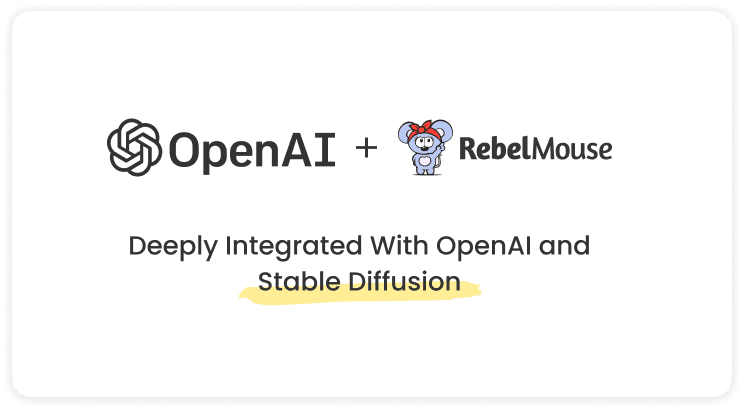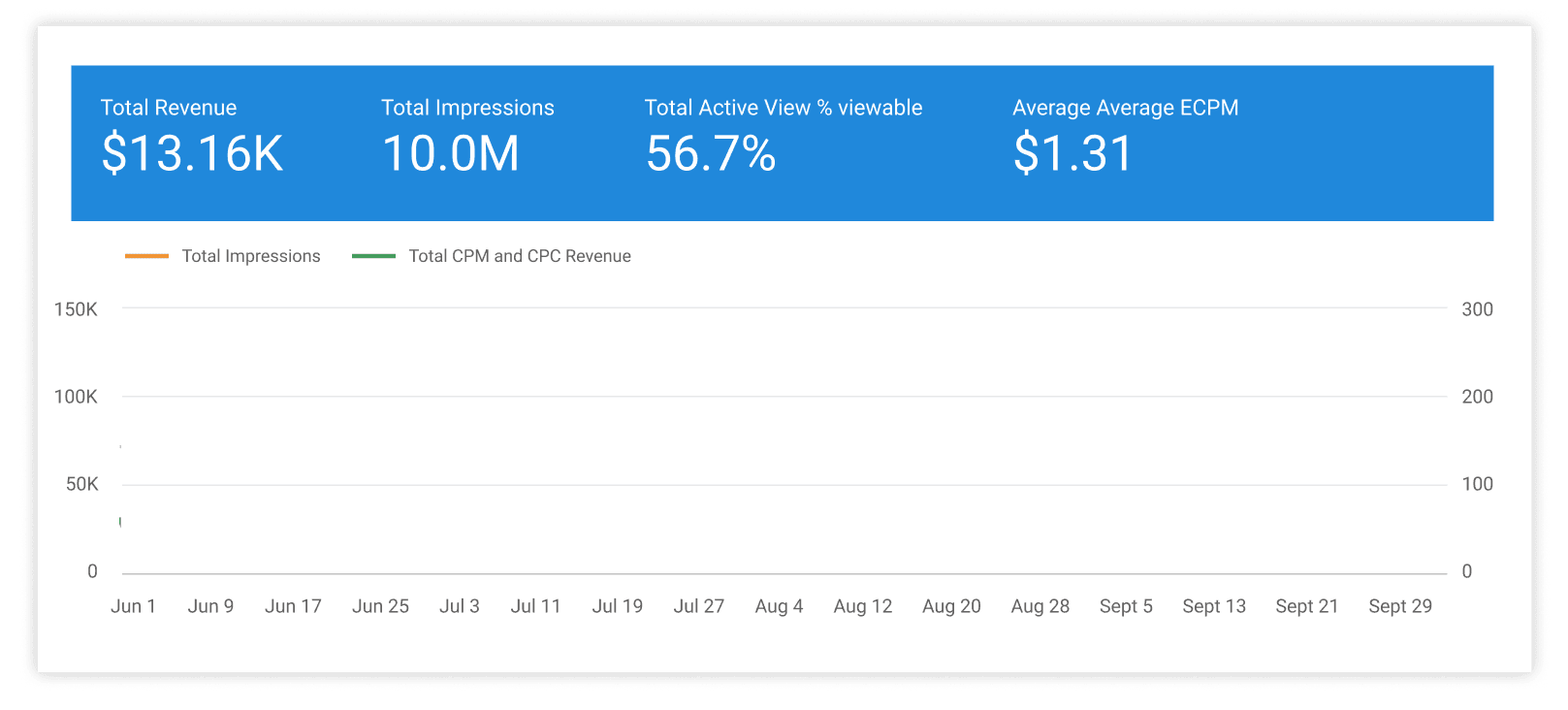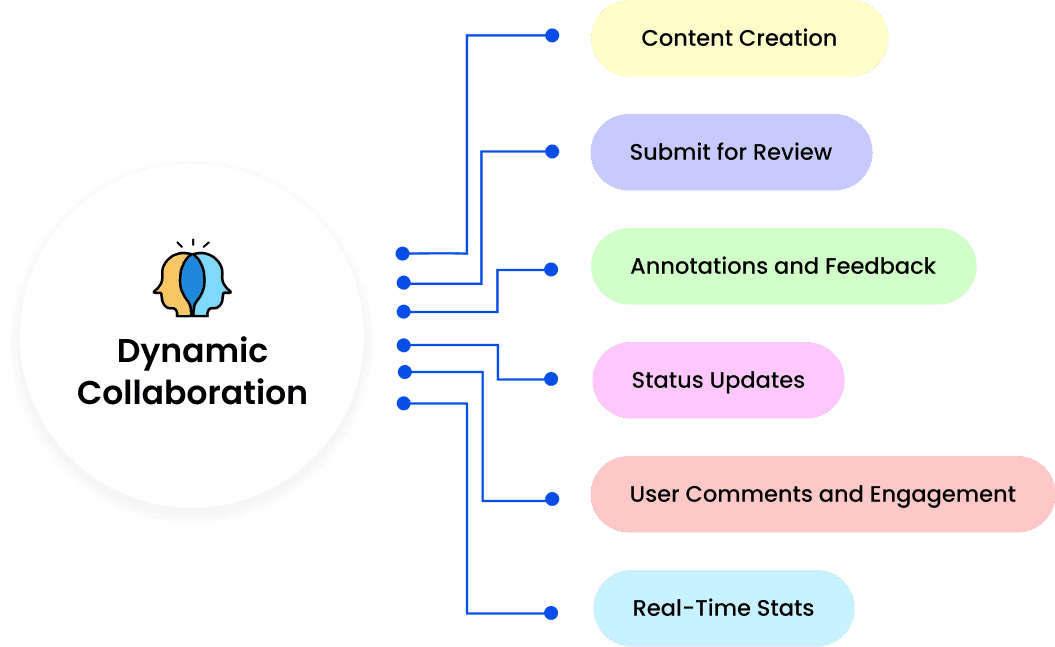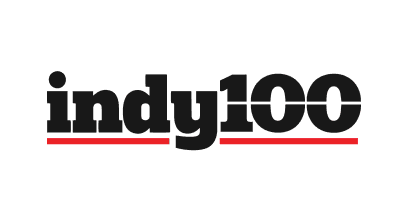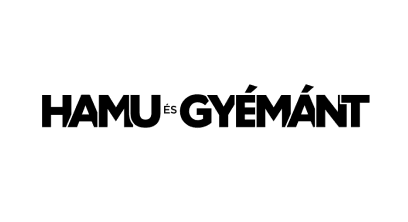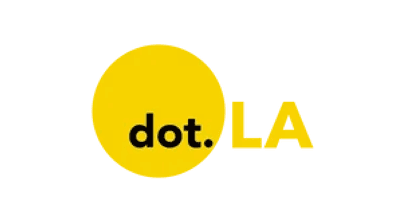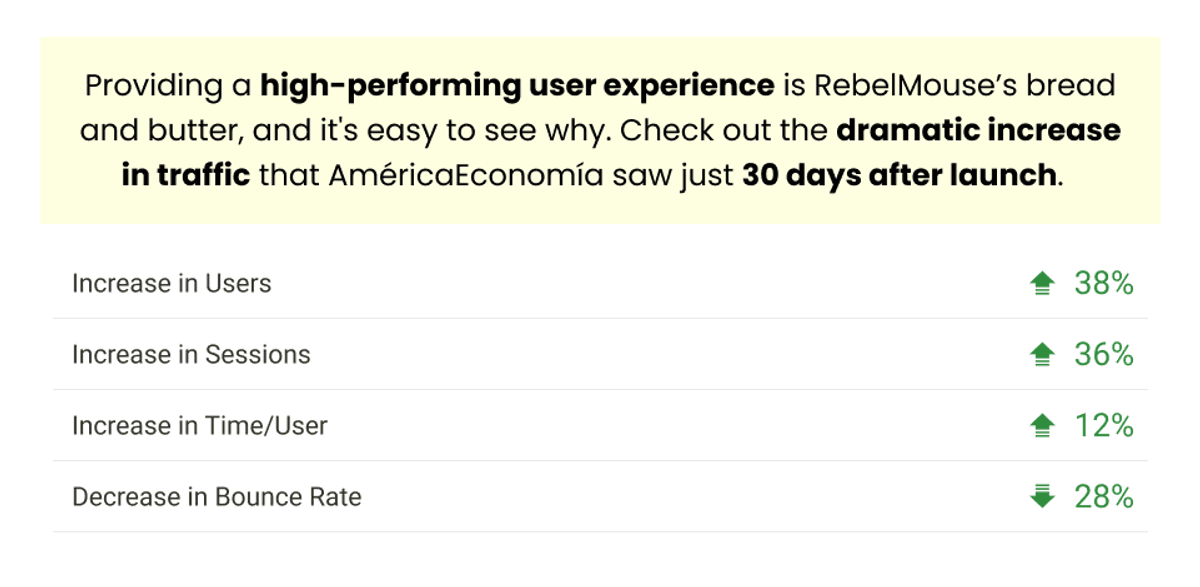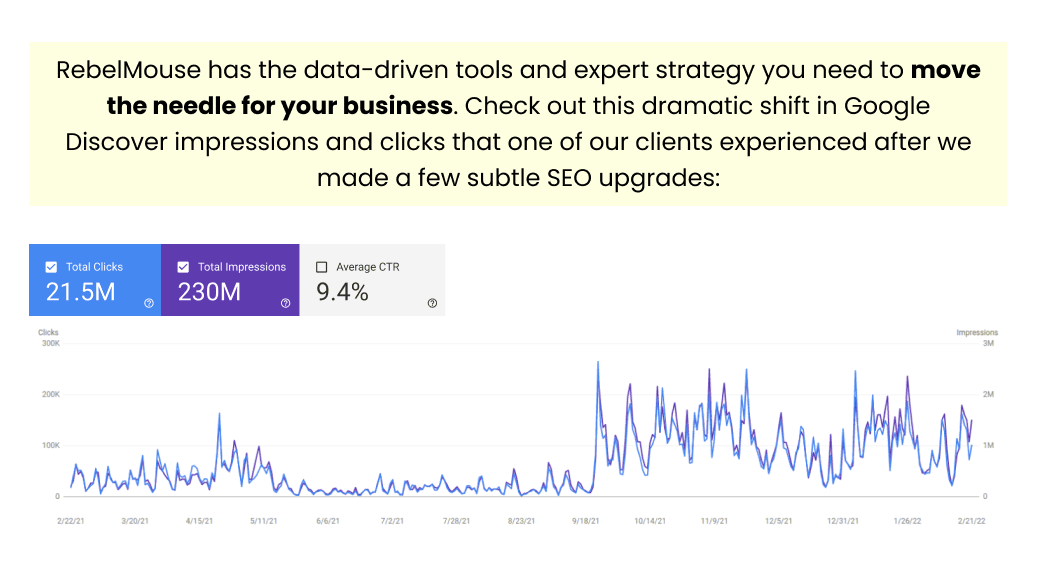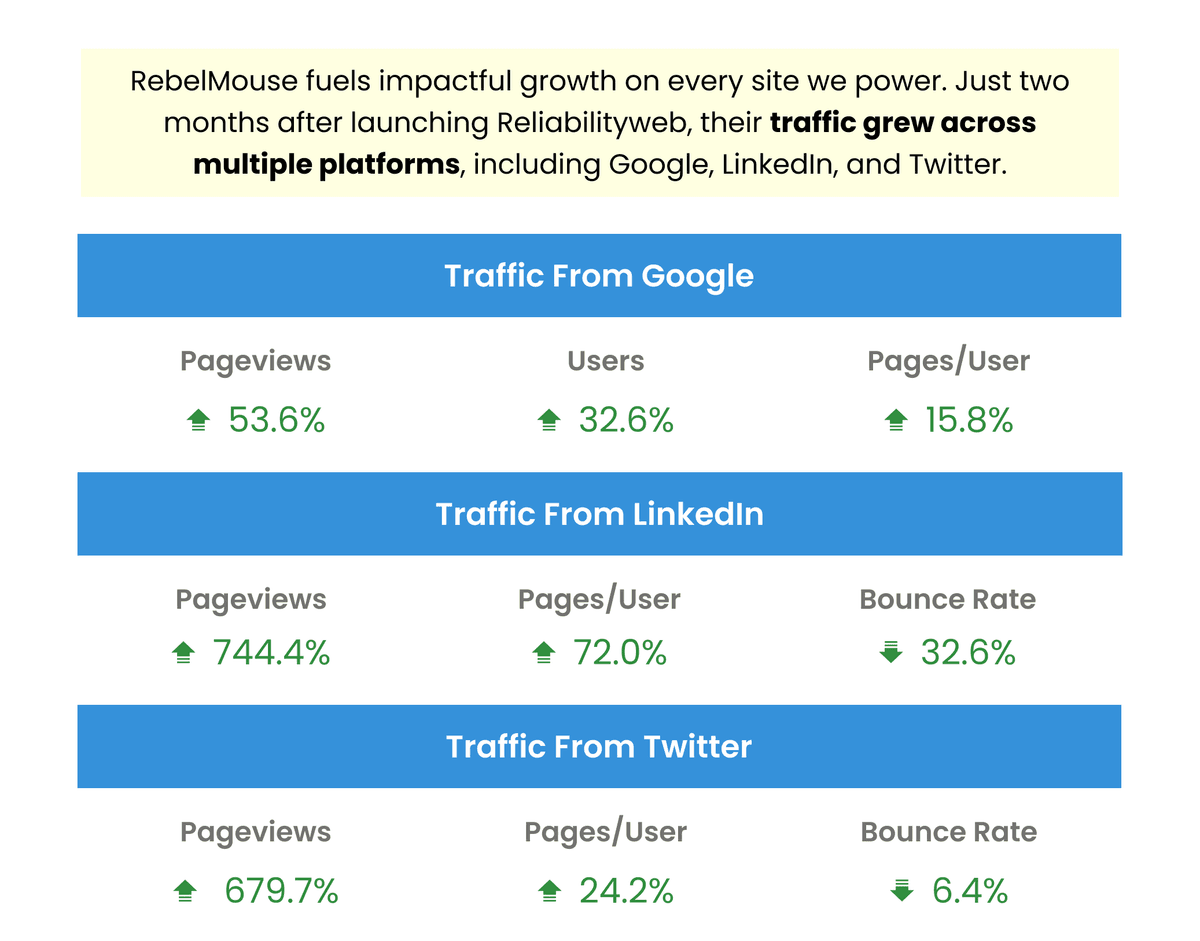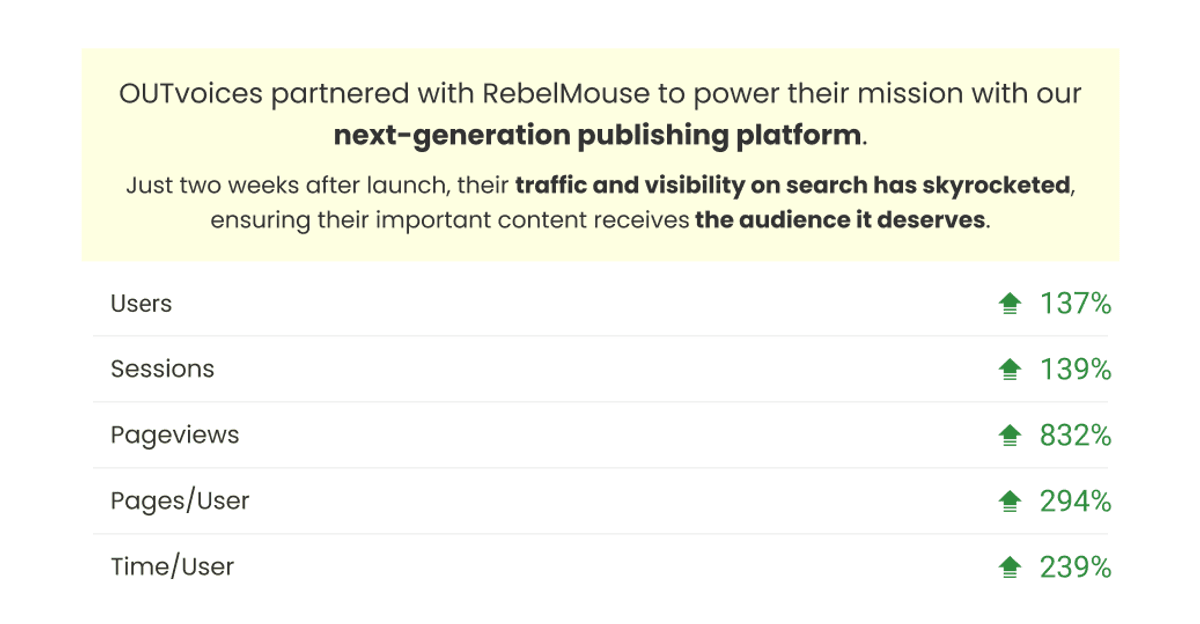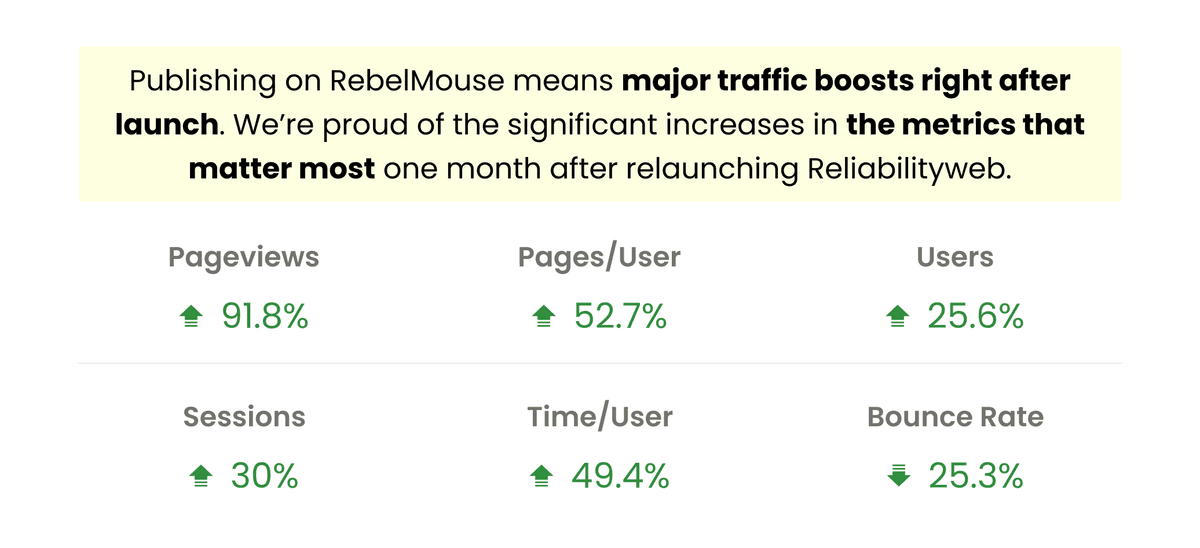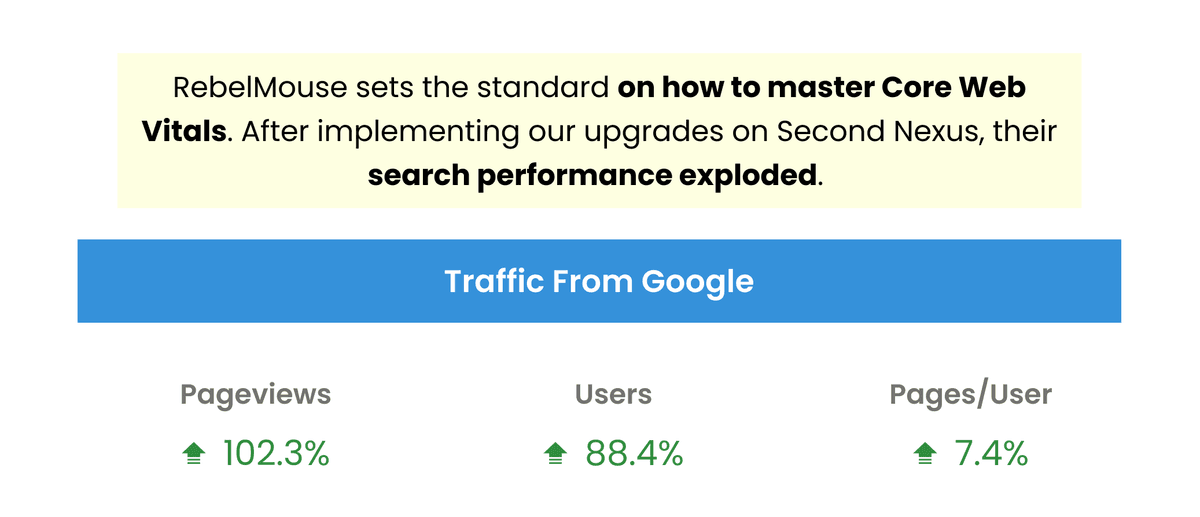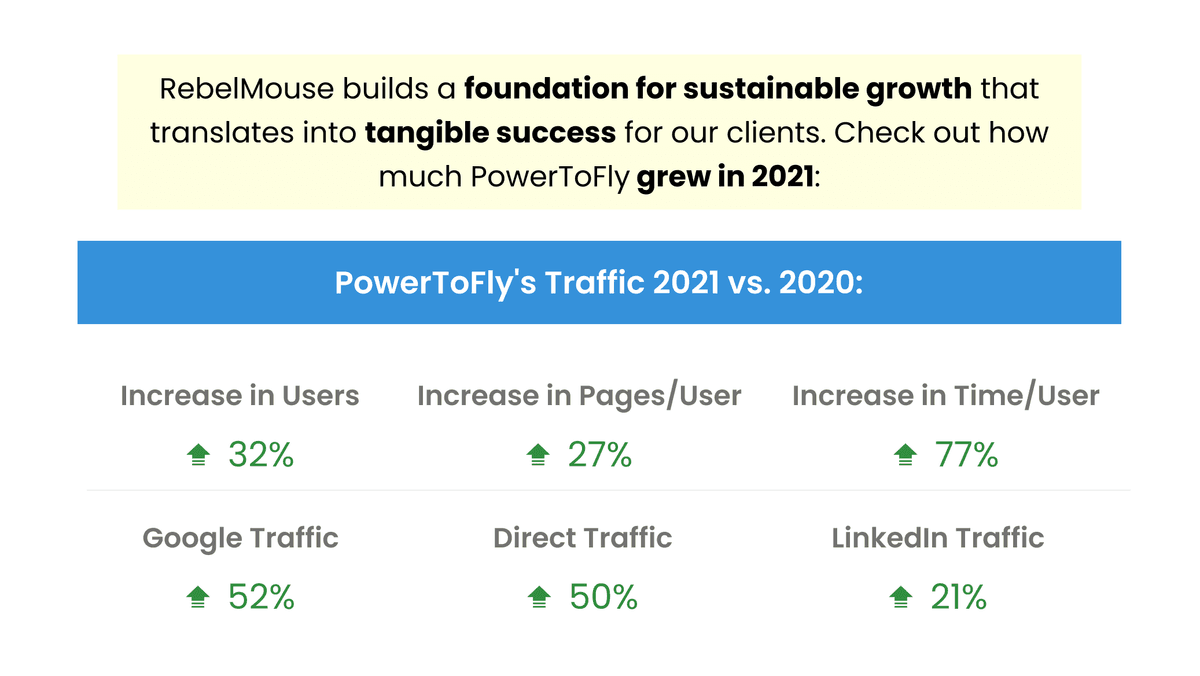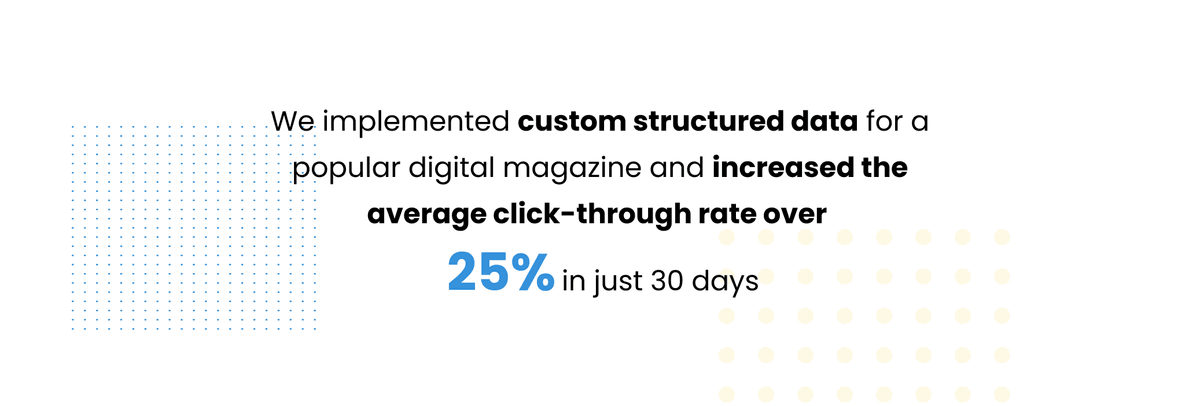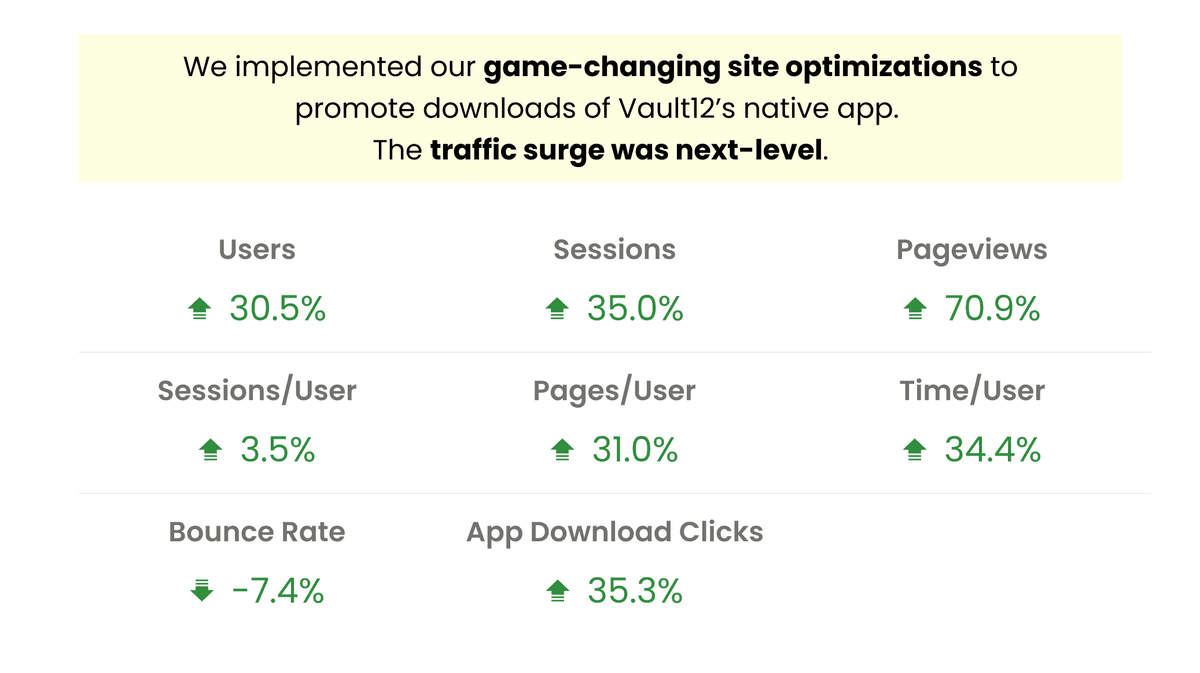3 Reasons Why It’s Better to Publish on a Centralized CMS
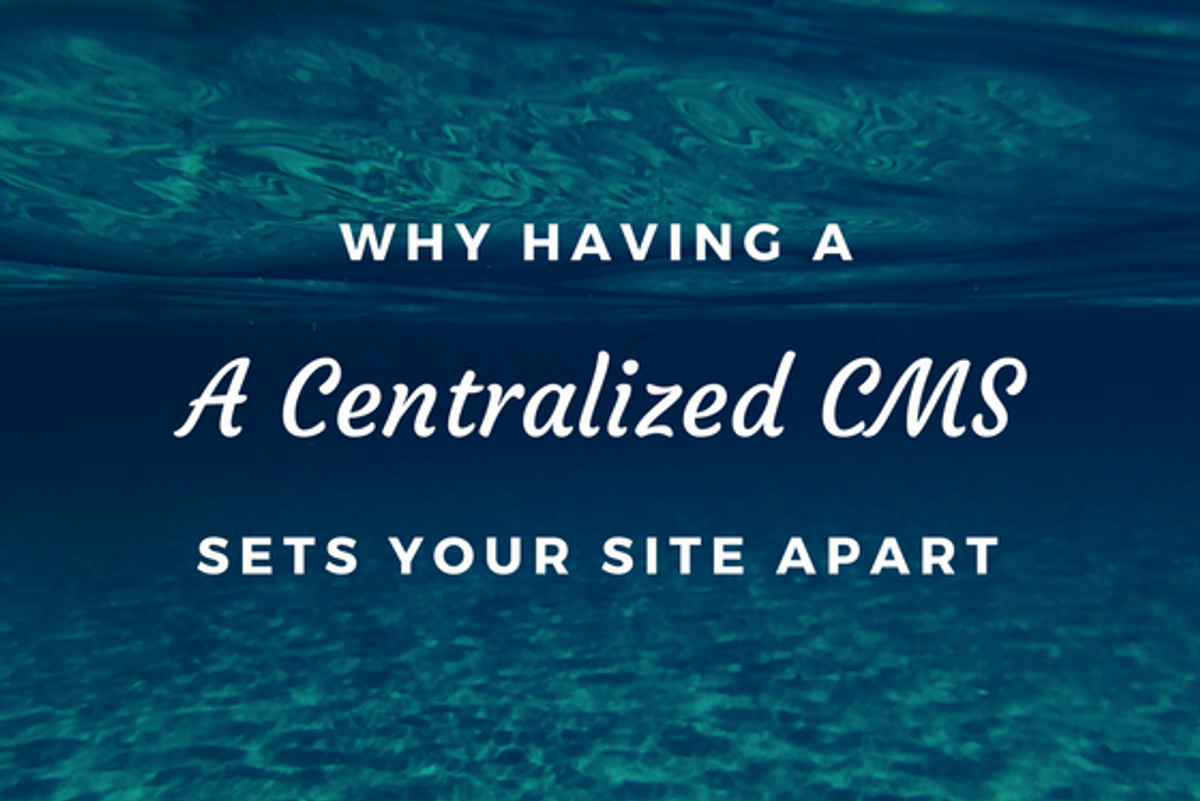
The tech tug of war between publishers and the Facebook/Google duopoly is a never-ending power struggle. At the end of 2017, the two tech giants accounted for 90% of ad revenue on the internet. This year, the pendulum has begun to swing the other way thanks to Facebook's information scandal , which prompted both platforms to clean up their ad space and data management practices. The continuing scrutiny of the duopoly is a window of opportunity for publishers to take some of the power back.
Even high-ranking media executives — including BuzzFeed CEO Jonah Peretti and Bloomberg Media Group CEO Justin Smith — have been vocal to both the press and other publishers about the dangers of forming a digital strategy that's dependent on any of the major platforms. And they're right. The revenue exchange between the duopoly and publishers needs to become an even playing field. But until that day comes, now's a perfect time for publishers to focus on growing organic loyalty and meaningful audiences to make up the difference. This is the true pathway toward building a foundation of followers who are familiar with your brand , not just your content when it appears in third-party feeds.
Capitalizing on the shift back to on-site experiences means your choice of CMS is important, too. WordPress, Drupal, and other custom publishing platforms are all independent, unconnected instances that each need to be updated on a per-site basis. At RebelMouse, our platform is unique in that our technology is built upon a centralized platform designed to keep up with the speed of the dueling duopoly. In the current publishing climate, the choice between a centralized and non-centralized CMS could make or break your site's success. Here's why:
1. It’s Safer
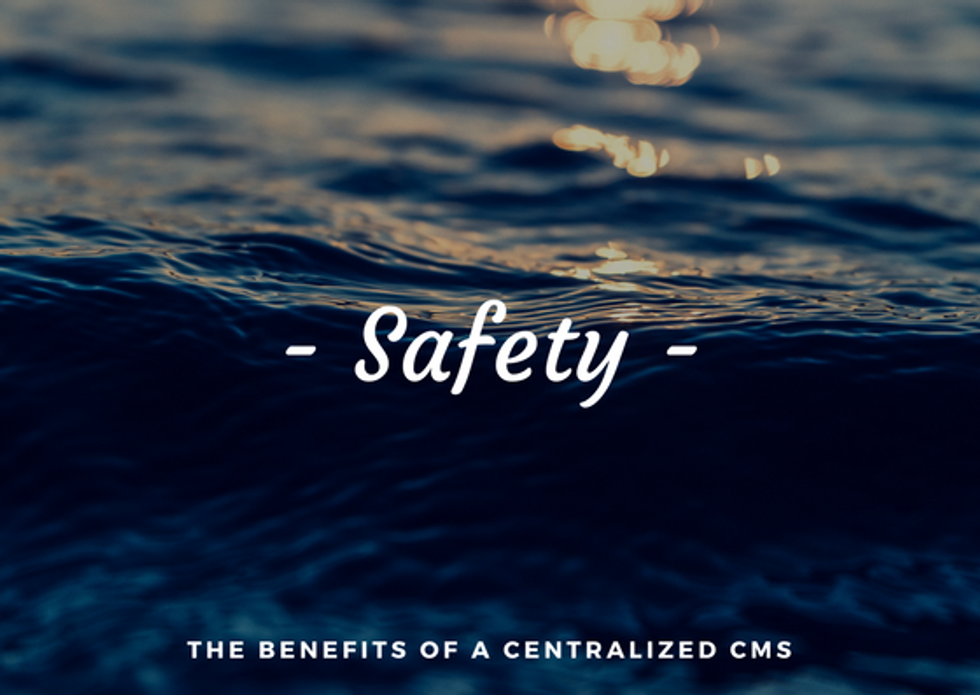
There are over 87 million instances of WordPress in the world, and every security update and feature upgrade — no matter how big or small — has to be manually performed for each individual site to avoid outright breaking custom code, plugins, and more.
This leaves CMS options like WordPress constantly vulnerable to security threats . Every time a security breach is announced, the proper updates have to be made one by one. This is because the only way WordPress core developers can patch significant flaws within their software is to deploy fixes to users in the form of product updates. And WordPress has deployed a lot of these since its inception in 2003. 238 releases over the past 15 years, in fact — and many of them have been to fix security issues.
The frequent updates have led many WordPress developers to disable the automatic update features on their sites altogether, in order to avoid adversely affecting their site's design and function every time one hits. As a result, about 5% of WordPress sites are not updated with the latest, most secure version. The time it takes for your site to be updated could be catastrophic.
This isn't an issue with RebelMouse. All of our updates are quickly deployed at once to every site we power. We often deploy multiple updates on a daily basis. Our proprietary technology is protected internally, making it nearly impossible for any hackers to crack. And on the rare occasion when a security loophole or technical bug does surface, we patch it up within minutes — most of the time without our clients even noticing.
2. It's Cost-Effective
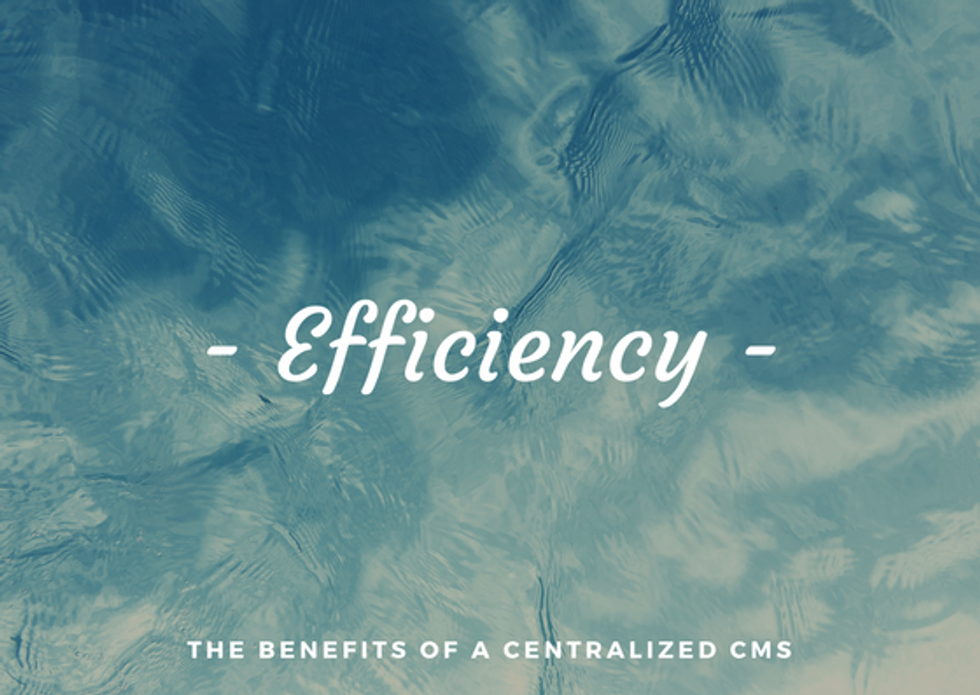
Securing your WordPress site is costly. Simply purchasing a WordPress instance isn't enough to protect your data. Users have to buy WordPress security plugins and installs from
third-party companies
to not only protect their site, but to also stay updated on new, emerging vulnerabilities.
Think about it: You have to pay a third party just to make sure your site is secure, updated, and performing at its best. This is where the decentralized model begins to fall apart, especially for larger-scale web properties. Depending on how large your site is, it can quickly become a costly endeavor. Pagely's most expensive offering is listed at $20,000 — a month .
Thanks to RebelMouse's streamlined nature, all those must-have features aren't upgrades — they simply come with our enterprise-level publishing platform out of the box. We remove the burden of worrying about tech and security from your shoulders so you can instead focus on creating high-quality content that fuels viral growth with every publish.
3. It's Flexible
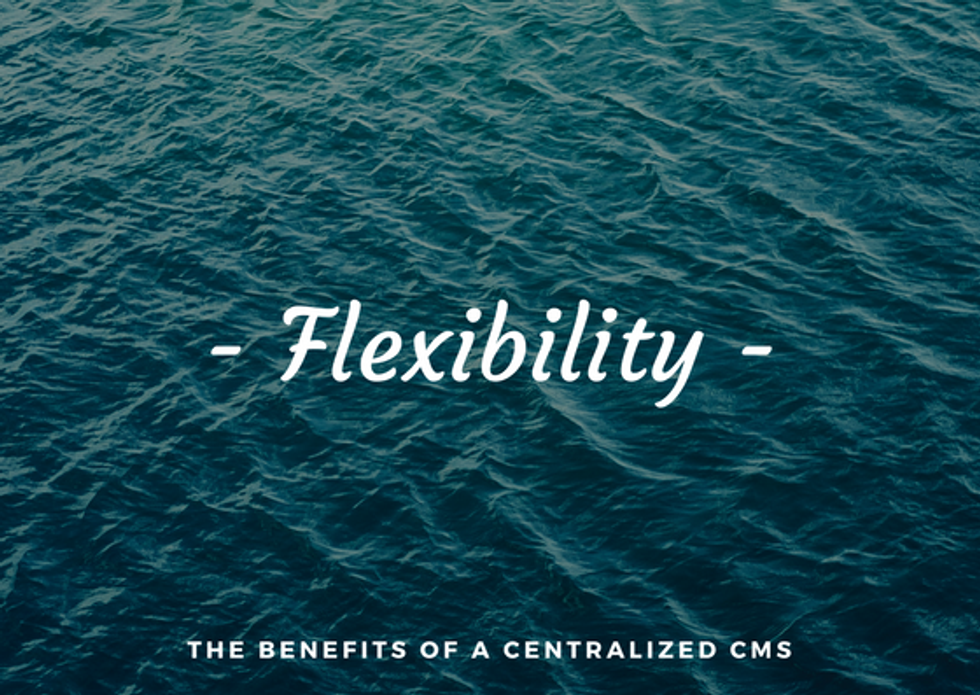
The WordPress ecosystem is so vast that there's no clear formula to determine who to trust. You're always at risk of contracting with a WordPress developer who could still be learning the ropes or simply not know which plugins are trustworthy enough for your site.
RebelMouse is a developer-friendly platform that uses the languages of the open web. Any developer with front end skills can easily learn our platform, become more productive, and create higher-quality work on our CMS, rather than trying to navigate the wild west of WordPress' plugins.
Since we operate off of a centralized model through and through, RebelMouse is made up of an agile team located all over the world that's ready to not only keep your site safe, but respond in real time to any requests you may have. We understand that content creation is fluid, and that by working with a smaller, centralized platform and team, you'll have more control over your content and how it's displayed.
Make the Switch
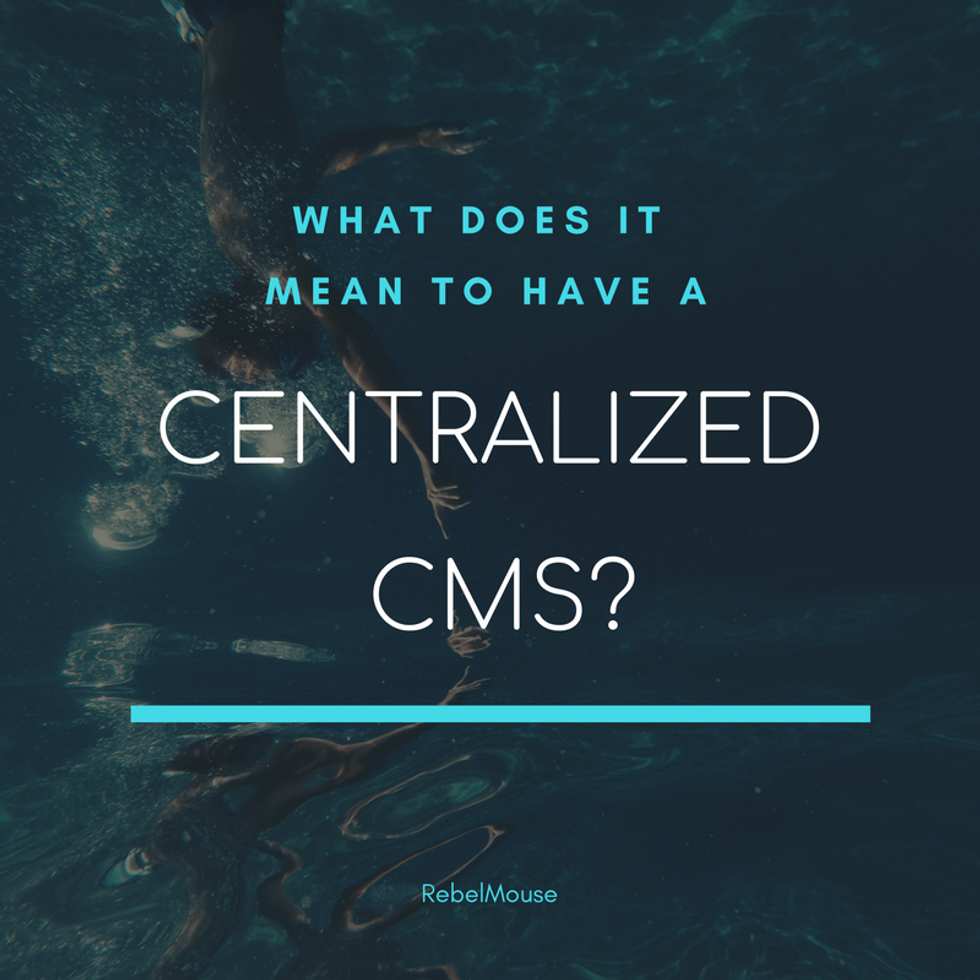
We migrate sites off of WordPress all the time. Our replatforming process is easy, and includes optimizing your site for page speed, user experience, ad quality, and monetization opportunities.
We're also a creative agency that can help you optimize your social, search, and site if replatforming isn't in the cards right now. Let's start working together so you can realize your brand's maximum potential.
























